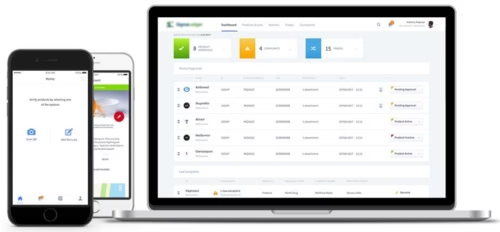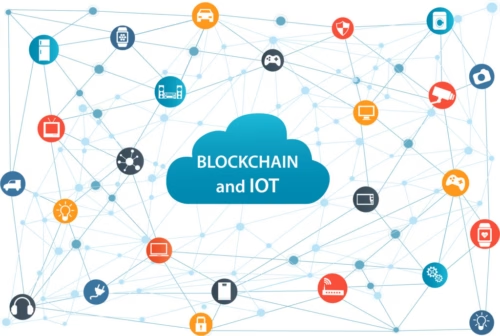The IoT development ecosystem includes a wide range of programming languages, frameworks, and tools that cater to different development styles and requirements. DevTeam.Space offers a comprehensive range of IoT development services, including the most popular technologies (see below).
The specific technologies that you choose for your IoT project may depend on your unique software requirements. You can submit your project request and get a complimentary discovery call with one of our tech account managers.
IoT Development Frameworks, Platforms and Languages
Some of the top IoT technologies that help our developers provide custom IoT development services include:
IoT Frameworks
- Node.js
- IoT.js
- Device.js
- AngularJS
Cloud Platforms
- Amazon Web Services IoT
- Microsoft Azure IoT
- Google Cloud IoT
Programming Languages
- JavaScript
- Python
- C/C++
- Ruby
Communication and Networking Protocols
- Wi-Fi
- 2G/3G/4G/LTE/5G
- MQTT
- AMQP
You can read about the most popular IoT technologies below.
Node.js
There are no restrictions as to what programming languages and frameworks software engineers can use for the server-side part of IoT applications. Our IoT developers especially like Node.js, an open-source, cross-platform JavaScript runtime environment. We believe that it is well-suited for building IoT products due to several features like the asynchronous event-driven architecture, which makes it easy to build real-time dashboards and visualizations of incoming IoT data, and ability to handle many concurrent connections efficiently. Here are some more reasons why Node.js is a good choice for IoT development:
1. Node.js is equipped with an NPM (Node Package Manager) offering a multitude of useful IoT modules. It features packages for Intel IoT Edison, Arduino, and Raspberry Pi as well as for various sorts of sensors and actuators. Moreover, it provides SDKs for many IoT platforms.
2. Built on Google’s V8 JavaScript engine, Node.js can be used with real-time applications handling constant streams of data from IoT devices to the cloud. The framework ensures a high throughput and low latency using protocols like MQTT.
1,200 top developers
us since 2016
3. Along with MQTT, Node.js supports and can be easily integrated with WebSockets that are needed for data transportation. Also, Node.js has libraries for IoT protocols as well as Bluetooth and Wi-Fi connectivity.
JavaScript
Commonly known as a both client-side and server-side programming language for web applications, JavaScript is also popular for IoT app development. What makes it a good choice for building IoT apps is its compatibility with major hardware platforms like Raspberry Pi and Arduino and the presence of libraries suitable for IoT applications. Here’re some more important features of JavaScript:
1. JavaScript performs outstandingly well in handling real-time tasks, which is absolutely a must in the realm of IoT apps.
2. As mentioned above, JavaScript is versatile and well-suited for programming both front ends and back ends. This feature facilitates the IoT app development process.
3. JavaScript’s memory management method is perfect for IoT applications that constantly deal with large amounts of data. The language’s garbage collector frees memory when the objects it had been allocated for no longer use it. Developers do not need to manually set rules for memory release like in the case of low-level programming languages. Being a high-level language, JavaScript relies on automatic memory management also known as garbage collection.
Amazon Web Services IoT
Amazon Web Services (AWS) IoT is a cloud platform that enables connected devices to interact with cloud applications. It encompasses a suite of IoT services and solutions designed for connecting and managing IoT devices. Some of the key capabilities of AWS IoT are as follows:
1. It has a host of services in such categories as device software, connectivity and control services, and analytics services. This comprehensive set of tools enables developers to register, organize, monitor and remotely manage IoT devices as well as analyze IoT data to use its full potential.
2. It provides AI and ML tools to create intelligent IoT solutions. With AWS’s AI and ML, developers are able to build models in the cloud and use them with smart devices.
3. AWS focuses on every aspect of device and app security providing authentication and encryption mechanisms like TLS (Transport Layer Security) and access control. AWS IoT Device Defender is a service that allows auditing configurations and authenticating devices and performing other actions aimed at securing IoT devices.
DevTeam.Space provides professional IoT development services and can help you build the most cutting-edge software for both consumer-level and industrial IoT. To learn more, you can get a complimentary discovery call with one of our account managers experienced in IoT development by submitting your project request via the button below.

















